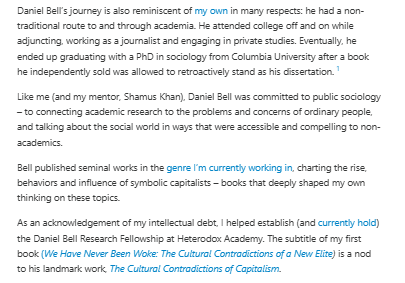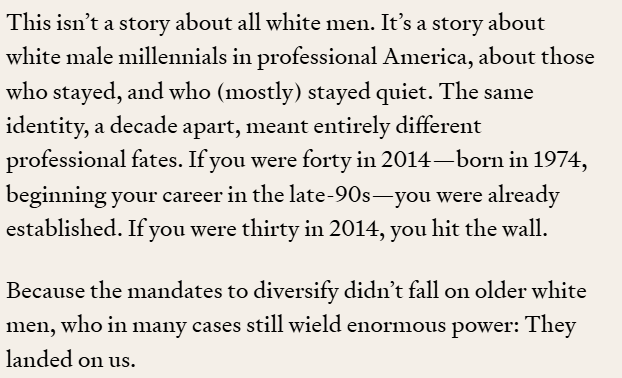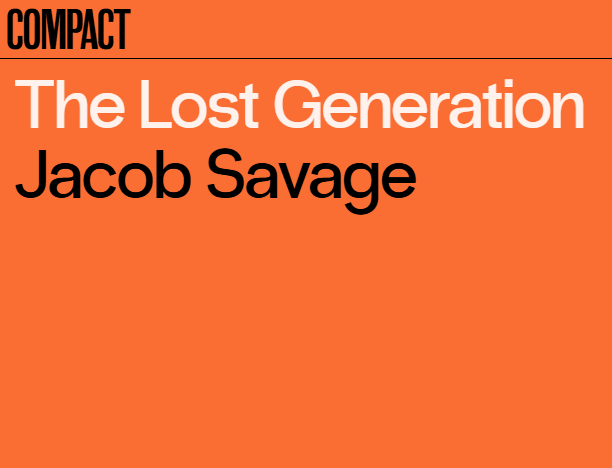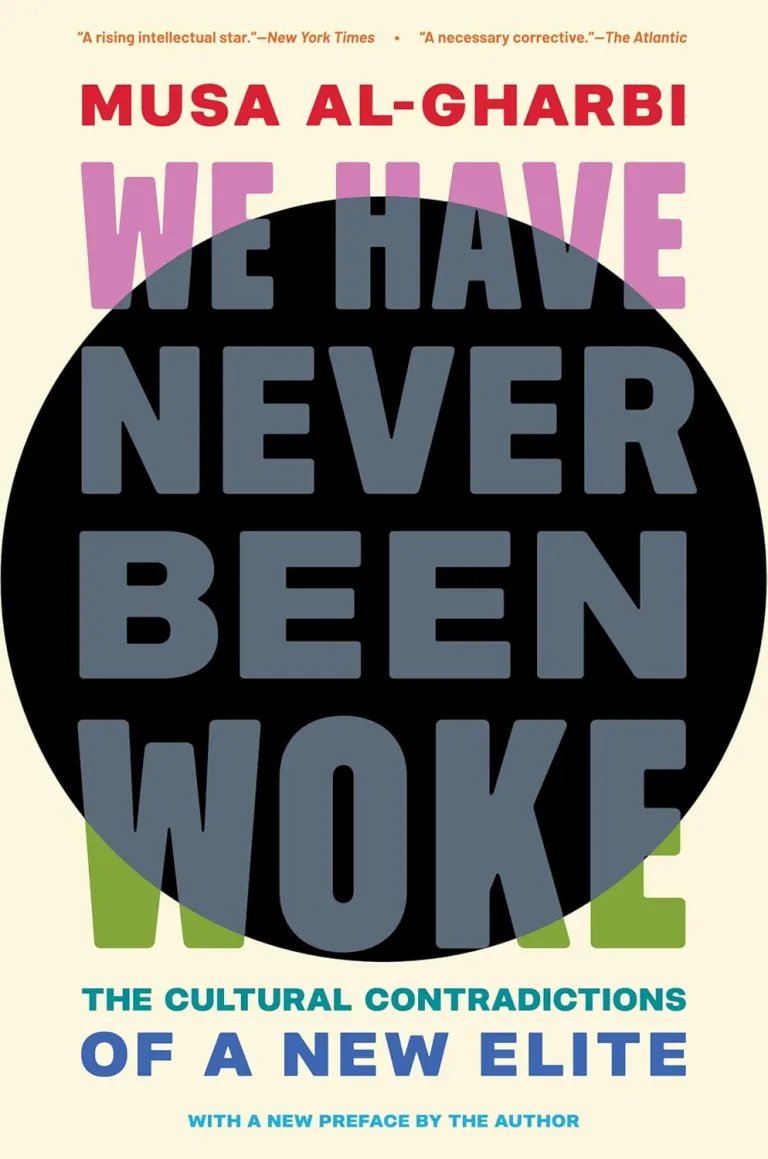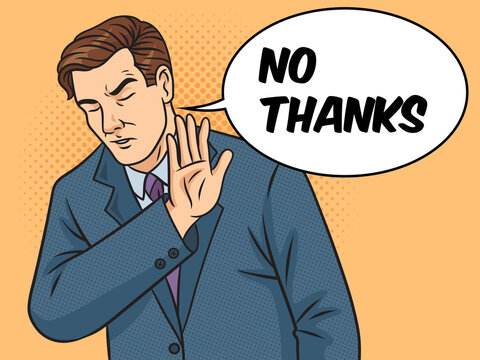Why are there so few conservative or religious scholars in academia? Two popular theories:
1. They face discrimination on the job market, and a hostile work climate if they are employed
2. They would rather do other things with their lives.
There is some evidence in both directions, but also deep problems with both of these narratives as sufficient explanations.
A new piece in @NationalAffairs provides a more unified and compelling account of what's going on here, and possible responses.
1. They face discrimination on the job market, and a hostile work climate if they are employed
2. They would rather do other things with their lives.
There is some evidence in both directions, but also deep problems with both of these narratives as sufficient explanations.
A new piece in @NationalAffairs provides a more unified and compelling account of what's going on here, and possible responses.

Some baseline facts: as my own work for @HdxAcademy shows, the professoriate is highly unrepresentative of U.S. society overall along many dimensions, including and especially along ideological lines:
This is a problem for knowledge production (as I illustrate here: )
It is also a problem for public trust in our institutions, undermines the impact of our work, and threatens the long-term independence and financial viability of our work.
When people feel like they don't have a voice or a stake in institutions, and especially when they view them as hostile to folks like themselves, their natural and rational response is to delegitimize, marginalize, defund or dismantle those institutions (and it works the other way too, when people do feel like their will and interests are represented, as detailed here: ).musaalgharbi.substack.com/p/professors-a…
foreignaffairs.com/articles/world…
This is a problem for knowledge production (as I illustrate here: )
It is also a problem for public trust in our institutions, undermines the impact of our work, and threatens the long-term independence and financial viability of our work.
When people feel like they don't have a voice or a stake in institutions, and especially when they view them as hostile to folks like themselves, their natural and rational response is to delegitimize, marginalize, defund or dismantle those institutions (and it works the other way too, when people do feel like their will and interests are represented, as detailed here: ).musaalgharbi.substack.com/p/professors-a…
foreignaffairs.com/articles/world…

As far as explanations for why higher ed institutions are so ideologically parochial, political scientist Steve Teles compellingly argues that the "self-selection" hypothesis and the "discrimination" hypothesis are not contradictory. They're complementary: nationalaffairs.com/publications/d…
There is evidence liberals *would* discriminate against conservatives. Yet, in most cases, there's no opportunity. There aren't even overtly non-left candidates to choose from in most searches. Just varieties of liberals + some closeted centrists: nationalaffairs.com/publications/d…
In other words, actual discrimination against conservatives in academia likely can't explain the patterns observed. There are too few in the pipeline to discriminate against!
Here's where the essay gets really interesting...nationalaffairs.com/publications/d…
Here's where the essay gets really interesting...nationalaffairs.com/publications/d…
We have frameworks to explain how we can have systematic underrepresentation and exclusion even in the absence of actual discrimination. Conservatives tend to hate them.
But, ironically, understanding ideological representation in the academy through the lens of systemic and institutional discrimination can explain the observed patterns far more comprehensively than either of the most discussed hypotheses at present.
In fact, it can help unify those hypotheses -- taking the most compelling evidence for each while addresses their apparent shortcomings: nationalaffairs.com/publications/d…
But, ironically, understanding ideological representation in the academy through the lens of systemic and institutional discrimination can explain the observed patterns far more comprehensively than either of the most discussed hypotheses at present.
In fact, it can help unify those hypotheses -- taking the most compelling evidence for each while addresses their apparent shortcomings: nationalaffairs.com/publications/d…

The systematic discrimination framework can help explain how it is that a perceived/ anticipated hostile climate shapes who selects into and out of institutions, and the extent to which they 'identify' with different careers and life paths: nationalaffairs.com/publications/d…
Analyzing ideological underrepresentation in the academy in systemic or institutional terms also points towards a different (perhaps more effective) responses than the more prevalent narratives do. It's a great essay. Read the full thing here: nationalaffairs.com/publications/d…
Side note: for the folks inclined to say, "the patterns must be because rightwingers are stupid, antiscience, hate scholarship" -- first, note that hard science departments are some of the *least* skewed places in universities:
Moreover....
Moreover....
https://x.com/kewhittington/status/1803834411760201925
Finally, for the folks chiming in to say, 'all conservatives and/or religious people would have to add to this discussion is [insert outrageous view here]:
This unwillingness or inability to even *try* to charitably imagine what non-left/ non-secular perspectives might have to contribute to understanding the social world is a nice encapsulation of why it's so important to fold more of "those people" into the enterprise.
It's really hard for us to recognize our own biases and blindspots. Our ignorance and biases about others also undermines our ability to understand what they might have to add to a conversation, as DuBois effectively highlighted.
This unwillingness or inability to even *try* to charitably imagine what non-left/ non-secular perspectives might have to contribute to understanding the social world is a nice encapsulation of why it's so important to fold more of "those people" into the enterprise.
It's really hard for us to recognize our own biases and blindspots. Our ignorance and biases about others also undermines our ability to understand what they might have to add to a conversation, as DuBois effectively highlighted.
• • •
Missing some Tweet in this thread? You can try to
force a refresh




